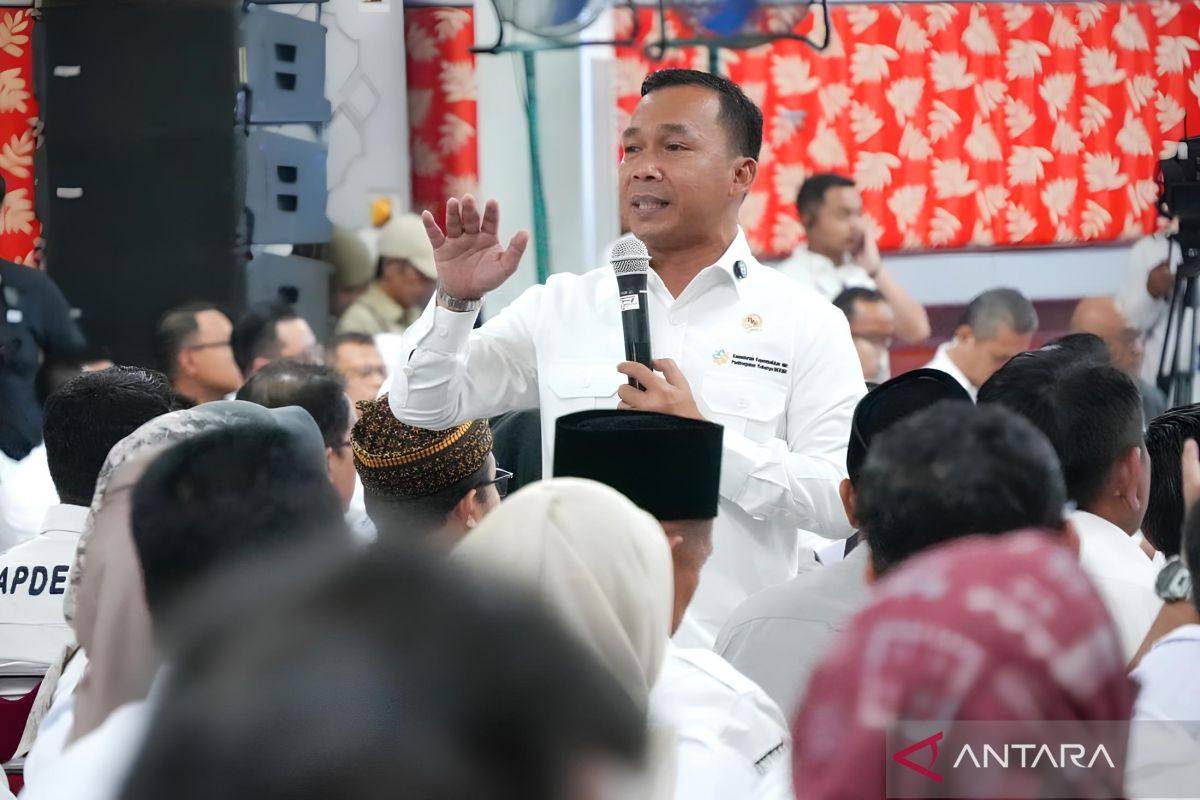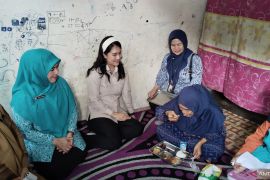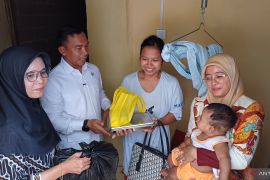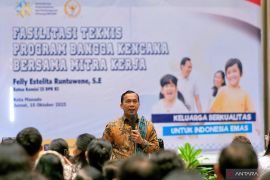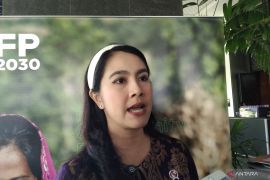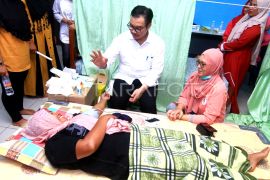According to a ministry statement received here on Tuesday, he expressed strong support for the West Java province's plan to grant the scholarships and emphasized the importance of cross-sector collaboration to achieve family planning goals.
"The ministry's role in controlling population growth is primarily through contraceptive methods. Therefore, population control requires collaboration among ministries and agencies from the center down to the villages," he said at the West Java People's Welfare Coordination Meeting.
At the meeting, held in Bandung City on Monday, he also signed the "Special West Java Declaration," which states the province's readiness to collaborate to create villages and cities without maternal and infant mortality.
The declaration also states the province's readiness to prevent new stunting cases.
Related news: Indonesia integrates systems to streamline family planning data
He outlined some of the ministry's quick-win programs, which include the Stunting Prevention Foster Parents Movement (Genting), Child-Friendly and Care Park (Tamasya), Indonesian Role Model Father Movement (GATI), AI-SuperApps for Families, and Empowered Elderly (Sidaya).
"The ministry's programs are highly beneficial for the community and relate to the sixth Asta Cita (mission), which emphasizes building from the village level and the grassroots to achieve economic equity and poverty eradication," he said.
The minister also noted that 15 districts/cities in West Java achieved a total fertility rate (TFR) of 2.03 in 2024, which is below the replacement level. The figure indicates a positive condition of family size and quality.
Wihaji further said that the population demographic bonus will raise asset accumulation due to increased life expectancy.
Related news: Indonesia unveils grand design for population development
Translator: Lintang, Kenzu
Editor: Rahmad Nasution
Copyright © ANTARA 2025
